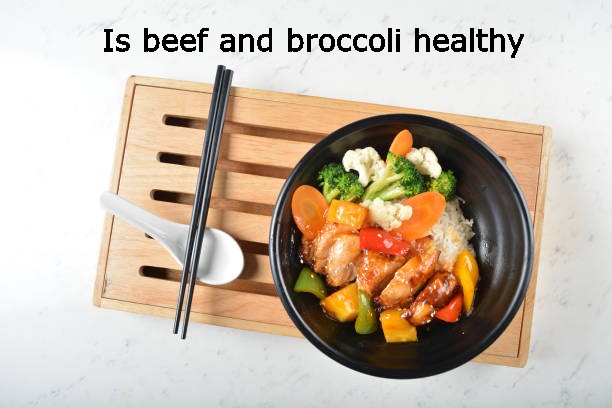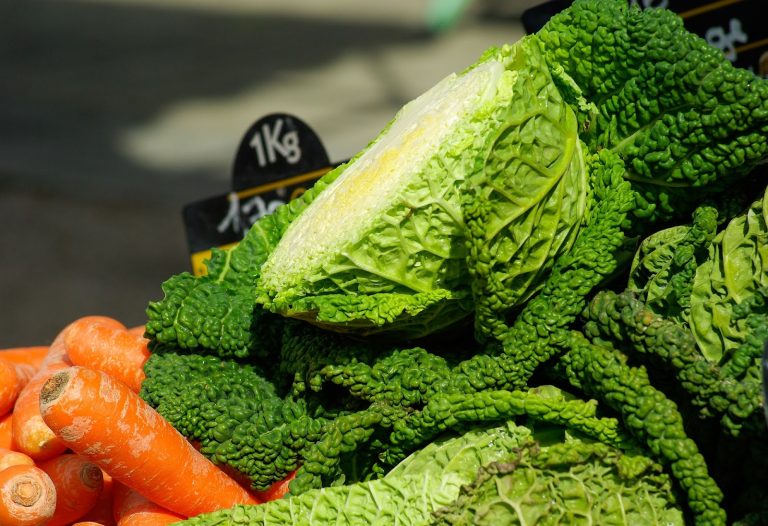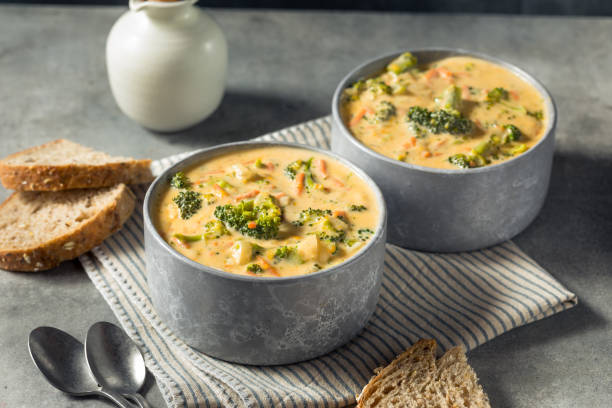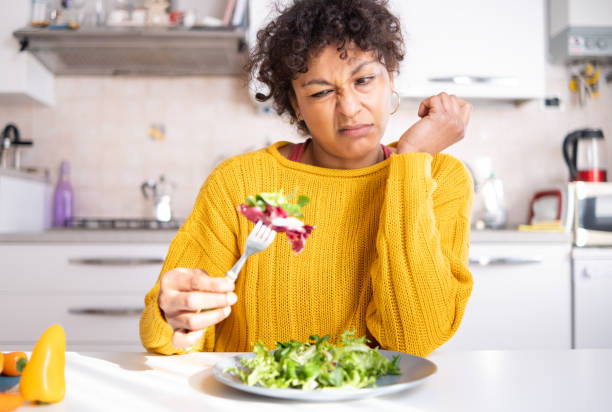Cabbage is a cruciferous vegetable that can be enjoyed in many different ways. Whether eaten raw or cooked, cabbage has many health benefits and can make a delicious addition to any meal.
So, which one is best? Raw or Cooked Cabbage
The answer depends on what you’re looking for.
Table of Contents
Raw or Cooked Cabbage: Which one do you prefer?
Nutritionally speaking, raw cabbage tends to be more nutrient-dense than cooked cabbage. Raw cabbage contains more vitamins A and C, as well as some antioxidants such as lutein and beta-carotene, which are important for good vision and overall health. Additionally, raw cabbage also contains higher concentrations of dietary fiber than cooked cabbage does.
On the other hand, cooked cabbage does have some advantages over its raw counterpart. Cooking causes the breakdown of some of the tough cell walls in the vegetable, making it softer and easier to digest. This allows your body to absorb more of the nutrients from the food you eat. Additionally, cooking can also reduce levels of certain compounds found in raw cabbage like raffinose—which are difficult for us to digest—and make them easier for our bodies to process.
Is it better to eat cabbage raw or cooked?
Ultimately, it all comes down to personal preference. Some people may find that they enjoy the taste of raw cabbage more than cooked, while others may prefer cooked cabbage due to its softer texture and easier digestion. If you’re looking to get the most out of your nutritional intake, then eating a combination of both raw and cooked cabbage is recommended.
This way, you can make sure to benefit from the nutrients in both forms of cabbage.
No matter which way you choose to enjoy it, just remember that adding cabbage to your diet is a great way to get in important vitamins and minerals as well as dietary fiber!
Which is More Gassy, Cooked or Raw Cabbage?
Raw cabbage is typically gassier than cooked cabbage.
This is because cooking helps break down some of the tough cell walls in the vegetable and reduces levels of certain compounds like raffinose, which can cause gas.
So if you’re looking to minimize gas after eating cabbage, then it’s probably best to stick with a cooked version.
Raw or Cooked Cabbage: Which is Easiest To Digest?
Cooked cabbage is generally easier to digest than raw cabbage. This is because cooking helps break down some of the tough cell walls in the vegetable and reduces levels of certain compounds like raffinose, which can make it difficult for our bodies to process.
Additionally, cooked cabbage also has a softer texture that makes it simpler for your digestive system to break down and absorb nutrients.
Raw or Cooked Cabbage: Which is Good For Your Gut?
Both raw and cooked cabbage can be beneficial for your gut health.
Raw cabbage contains higher concentrations of dietary fiber than cooked, which is important for promoting regularity and providing nourishment to the good bacteria in your gut. Cooked cabbage also has some benefits, as cooking helps break down some of the tough cell walls in the vegetable and reduces levels of certain compounds like raffinose, which can be difficult for us to digest.
So if you’re looking to promote gut health, both cooked and raw cabbage can provide some benefits.
Raw or Cooked Cabbage: Which Is More Nutrient Dense?
Raw cabbage tends to be more nutrient-dense than cooked cabbage. This is because cooking causes the breakdown of some of the tough cell walls in the vegetable, which can reduce levels of certain compounds like vitamins A and C as well as antioxidants such as lutein and beta-carotene.
Ultimately, there is no right or wrong answer when it comes to choosing between cooked or raw cabbage; it all depends on personal preference and nutritional needs. For those looking to get an extra boost of vitamins and minerals from their food, eating raw cabbages may be ideal; however, if digestion issues are present then lightly steaming or boiling may be a better option.
FAQS
Is eating raw cabbage good for you?
Yes, raw cabbage is still considered to be a nutritious food that can provide many important vitamins and minerals. Additionally, it contains higher concentrations of dietary fiber than cooked cabbage does.
Are there any health risks associated with eating raw cabbage?
Eating raw cabbage is generally safe and poses no known health risks. However, it can cause gas if the raffinose present in the vegetable is not broken down properly by your digestive system. If this happens, then you may find that lightly steaming or boiling the cabbage before eating helps reduce any gas-related issues.
Is there a difference in taste between raw and cooked cabbage?
Yes, there is usually a noticeable difference in taste between raw and cooked cabbage. Raw cabbage tends to have a slightly sharper, more bitter flavor whereas cooked cabbage is usually milder and sweeter. Additionally, the texture of cooked cabbage is often softer than its raw counterpart.
Does the cooking process affect the nutrient content of cabbage?
Yes, cooking can affect the nutrient content of cabbage. Some of the tough cell walls in the vegetable are broken down during cooking, which can reduce levels of certain compounds like vitamins A and C as well as antioxidants such as lutein and beta-carotene. Therefore, raw cabbage is typically more nutrient-dense than cooked cabbage.
Does cabbage need to be cooked before eating?
No, cabbage does not have to be cooked before eating. However, you may find that the texture of raw cabbage is too tough for your liking or it may cause gas if not broken down properly in your digestive system.






